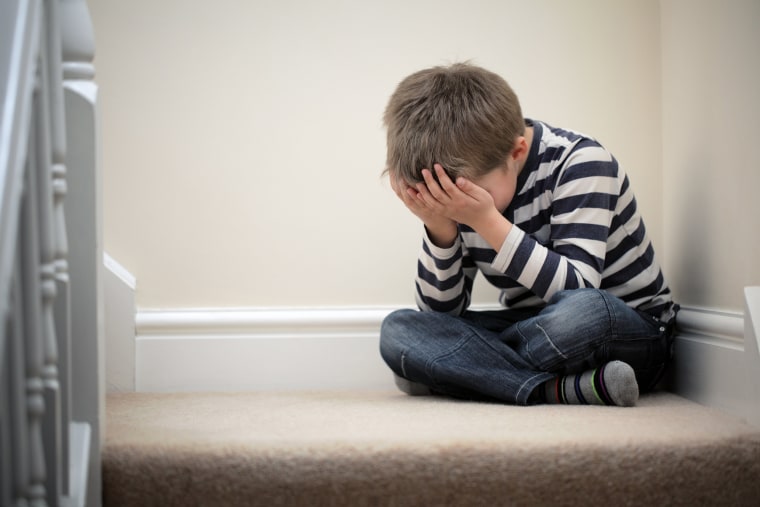All kids misbehave; that’s part of childhood and should be expected. But when you have the feeling that this is happening far too often and you’re becoming uncomfortable, what can you do to figure out whether this is normal behavior or something else? While it might sound difficult to navigate, there are well-established, science-based solutions that can help you manage problem behaviors.
Seek input from close friends and family
It’s not always easy to determine if misbehavior in your children merits further attention or if it’s just “kids being kids.” Reach out to family members and friends who know your child well and ask if they’ve noticed the same behaviors that are troubling you.
Check with your pediatrician
Your pediatrician is a reliable resource for both physical and behavioral milestones in children. Before your appointment, keep a log of the frequency and type of behaviors you believe are problematic.
Your doctor can help determine whether there are strategies you can try on your own or whether a behavioral health professional needs to participate.
Try strategies from self-help books
While you are gathering information from friends, family and your child’s doctor, take a look at some evidence-based self-help books that provide specific strategies to address the problem behavior. Whether written by a professional or a parent, choose one or two that you identify with and feel might help your child. Remember that you know your child best!
Seek professional help from a psychologist or psychiatrist
If your child is not responding to your self-designed strategies, you may need additional help from a psychologist or a psychiatrist. They can provide more targeted and personalized treatment approaches which involve changing the behavior of both the child and the parent.
Don’t ignore bad behaviors in children and don’t be afraid to reach out for help. It’s a win-win for both you and your child.
Madelyn Fernstrom, PhD is the NBC News Health Editor. Follow her on Twitter @drfernstrom.
